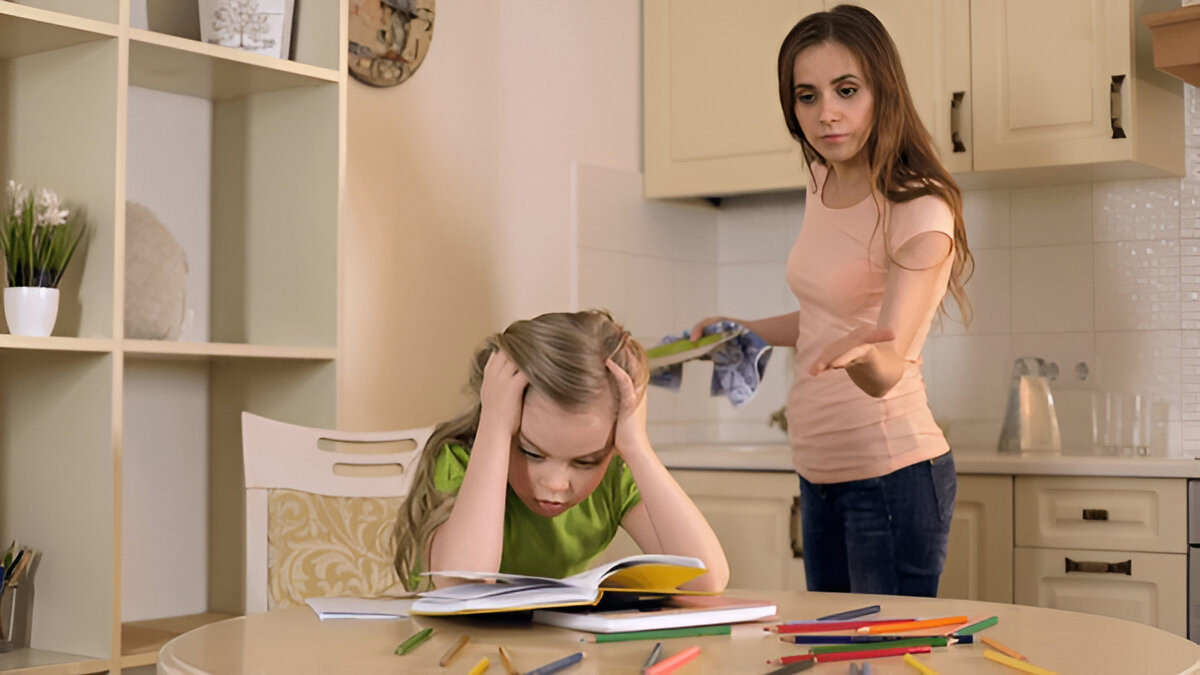
Young people across the globe are experiencing a mental health crisis that affects their entire generation. While past generations primarily focused on physical growth and maintaining good health, mental health has now become a key concern for young people. Over the past two decades, there has been a sharp and clear increase in the number of young people facing mental health challenges.
Table of Content:-
CHECK YOUR
MENTAL HEALTH

According to the World Health Organization (WHO), roughly one in every seven adolescents worldwide, about 14%, has a mental health condition. In India, the situation is significant as well, with approximately 197 million people living with mental disorders in 2017, which accounts for 14.6% of the population
We spoke to Dr Jitha G, Specialist, Department of Psychiatry and Behavioral Medicine, KIMSHEALTH, Trivandrum, who explained the generational mental health crisis in young people.
The adolescents and young adults of today, commonly referred to as ‘Gen Z,’ are encountering a variety of challenges unique to their time. Born between 1997 and 2013, this generation ranges from about 12 to 28 years old in 2025. According to a survey, 42% of Gen Z young adults (aged 19–24) have a diagnosed mental health condition. 26% of these diagnoses occurred during the COVID-19 pandemic, and the most common conditions include: anxiety, depression, ADHD, PTSD, etc.
Gen Z and Their Unique Struggles

Regardless of age, it is evident that Gen Z is going through a mental health crisis; the first generation to grow up fully connected to the internet and social media. "They are tech-savvy, socially aware, and more open than previous generations in discussing mental health. This digital landscape has helped to normalise conversations around emotional well-being, but constant online exposure results in stress and worsens mental health issues. This impacts emotional development with less scope for play and independence," explained Dr Jitha.
The Pandemic’s Lasting Impact
The COVID-19 crisis has further increased these issues, depriving young people of necessary social interactions and putting them at risk of exposure to unhealthy online spaces. “There has been a steady rise of more than 50% in the number of mental health referrals for children and young people in just the past two years. Unfortunately, suicide has become the second most common cause of death among those aged between 10 to 24,” highlighted Dr Jitha.
Also Read: Are You a Gen Z Overthinker? Learn How to Break Free from Endless Analysis
Parenting Styles and Societal Pressure

Another important challenge for today’s youth is attributed to changing parenting styles and societal expectations. "Over time, the trend of overprotective or ‘helicopter parenting' has become widespread. This has limited kids’ chances to play freely without supervision or figure out how to handle conflicts on their own. These are essential in building confidence, emotional strength, and the ability to solve problems. When children are overly protected, it can slow their emotional growth and reduce their ability to manage things independently," added Dr Jitha.
Even though it is well-intentioned, this approach has inadvertently restricted the potential for young people to become resilient and independent.
Increased focus on academic achievement has minimised free play and exploration time, leaving youth ill-equipped to deal with adult duties. Without chances to contribute to family and community, many young people fail to handle the responsibilities and uncertainties of adult life. A balance between academics and self-directed activities can help promote essential life skills.
The School Experience Gap
Gen Z’s school experience, which has been unlike any other generation’s; a big part of their ‘normal’ school years was lost to the pandemic, is another challenge. Schools have not yet returned to the way they were before.
Also Read: From Trend To Therapy: Why Yoga Is Becoming A Mental Wellness Essential For Gen Z
Meeting Three Core Psychological Needs
The mental health crisis among young people requires a focused response rooted in meeting core psychological needs. By addressing autonomy, competence, and relatedness, we can begin to provide effective, lasting support.
- Autonomy: Letting young people make choices, take risks, and shape their paths.
- Competence: Equipping them with emotional, social, and life skills, not just academic knowledge.
- Relatedness: Developing strong, meaningful relationships with family, peers, and community.
What Schools and Employers Can Do

We must apply the principles of autonomy, competence, and relatedness across all public services to improve youth mental well-being. “Schools need to include mental health education along with practical life skills. Employers should consider providing wellness initiatives and flexible working conditions. Lowering stigma and improving access to mental health services are important steps to better support mental well-being,” suggested Dr Jitha.
The Importance of Professional Support
“Consulting professionals when needed is crucial because self-care and help from family and friends may not be effective for more serious issues. Talking with a therapist will give the young person a safe place to examine their feelings and to be able to identify coping methods. There is more available through online therapy, which is more affordable. Parents and caregivers can consult with a school counselor, mental health therapist, or their pediatrician to help access the help they need,” concluded Dr Jitha.
[Disclaimer: This article contains information provided by an expert and is for informational purposes only. Hence, we advise you to consult your professional if you are dealing with any health issue to avoid complications.]
Also watch this video
Read Next
Does Being Short Make Men More Aggressive? Expert Explains The Psychology Behind Little Man Syndrome
How we keep this article up to date:
We work with experts and keep a close eye on the latest in health and wellness. Whenever there is a new research or helpful information, we update our articles with accurate and useful advice.
Current Version
